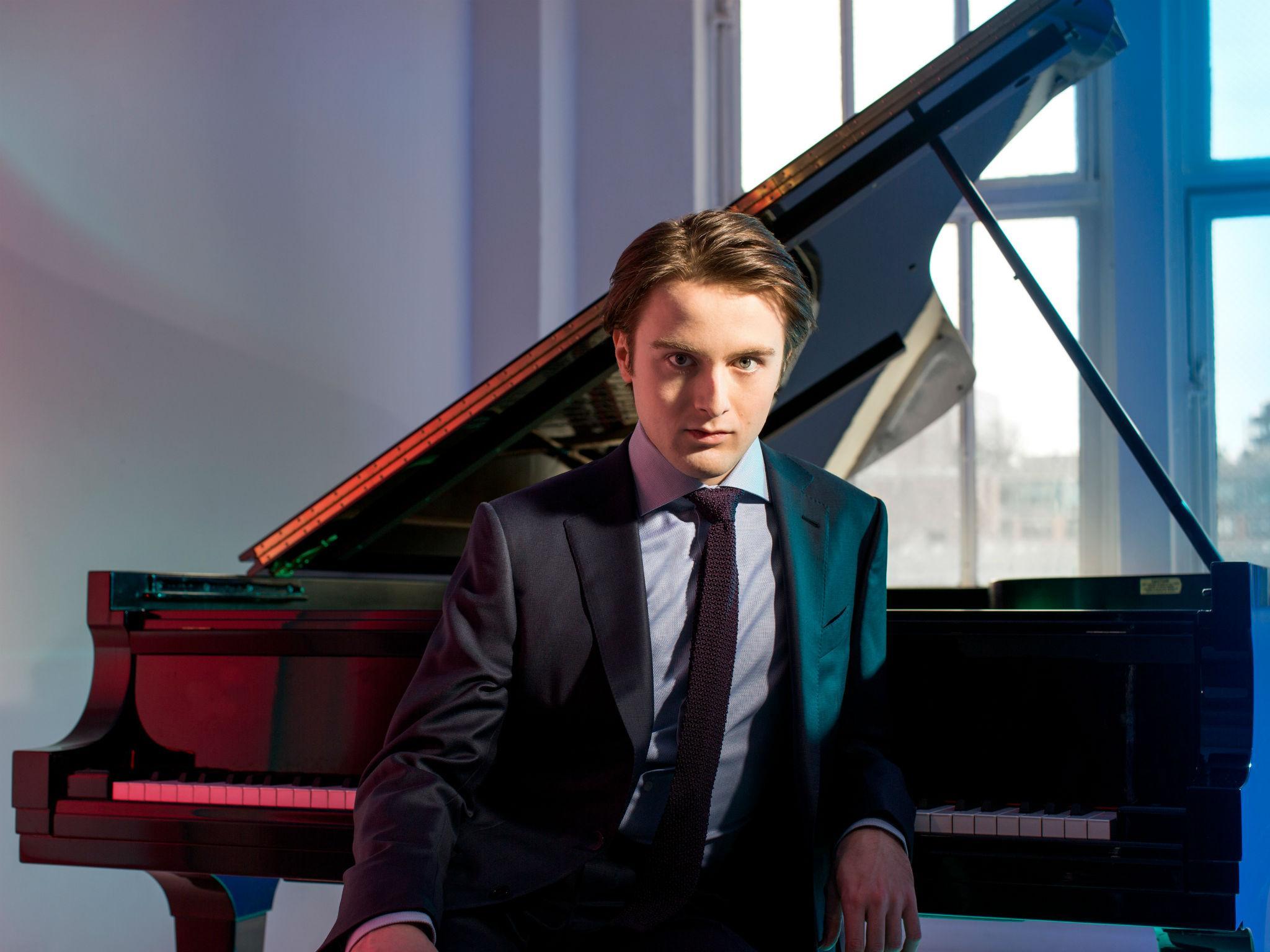Daniil Trifonov, Wigmore Hall, London, review: The Chopin sonata was a thudding let-down
The Russian pianist explores the legacy of Chopin with pieces by Mompou, Schumann, Grieg, Samuel Barber, Tchaikovsky, and Rachmaninov, followed in the second half by Chopin’s second piano sonata

Your support helps us to tell the story
From reproductive rights to climate change to Big Tech, The Independent is on the ground when the story is developing. Whether it's investigating the financials of Elon Musk's pro-Trump PAC or producing our latest documentary, 'The A Word', which shines a light on the American women fighting for reproductive rights, we know how important it is to parse out the facts from the messaging.
At such a critical moment in US history, we need reporters on the ground. Your donation allows us to keep sending journalists to speak to both sides of the story.
The Independent is trusted by Americans across the entire political spectrum. And unlike many other quality news outlets, we choose not to lock Americans out of our reporting and analysis with paywalls. We believe quality journalism should be available to everyone, paid for by those who can afford it.
Your support makes all the difference.Over the past few years some remarkable young pianists have emerged from the former Soviet Union, and although Daniil Trifonov is not the best, he is the one the media have chosen to lionise. When he carried off the Tchaikovsky Gold Medal at 20 and followed it up with a flawless Chopin CD, it seemed he could do no wrong. But that was six years ago, and in the intervening time he seems to have been pushed by his marketing team too hard for his own good. There’s no question about his technical prowess, but his musical judgment has been at times erratic.
His new Wigmore programme sounded intriguing: variations on – or pastiches of – Chopin pieces by Mompou, Schumann, Grieg, Samuel Barber, Tchaikovsky, and Rachmaninov, followed in the second half by Chopin’s second piano sonata. And since most of the works are seldom performed, the programme certainly had freshness. Mompou’s variations on Chopin’s seventh Prelude seemed to wear a wide grin as they progressively subverted the poise of the original, and they took off into realms of virtuosity which that Spanish composer normally never inhabits. Grieg’s little homage was deft and brilliant, Barber’s “Nocturne” was disguised as a homage to Chopin’s precursor John Field, and Tchaikovsky’s Un poco di Chopin was a charming jeu d’esprit.
Rachmaninov’s “Variations on a Theme of Chopin Opus 22” were designed to be the centre of gravity of this group of pieces, and they started promisingly, purveying all the effects which Rachmaninov had made his own, and which would make his Corelli Variations – which he composed 30 years later – such a wondrous experience. But this early piece got lost in its own virtuosity: I lost count of the number of times it seemed on the verge of finishing, only to be jerked back into garrulous life. It was like listening to a compulsive speaker who can’t bear to stop. ‘And another thing… and another thing…’
The Chopin sonata itself was a thudding let-down. The first two movements had some original touches, but were dispatched with brisk impatience, while the funeral march was a caricature – almost unrelieved fortissimo for the main theme, the second theme going at a glacial pace; the finale, which should feel ghostly, had no trace of mystery.
Join our commenting forum
Join thought-provoking conversations, follow other Independent readers and see their replies
Comments